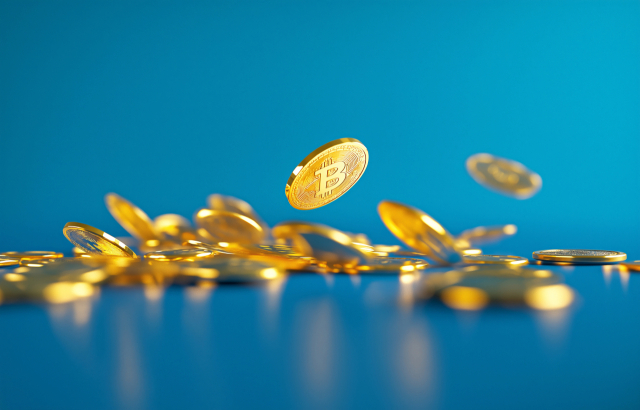
There are three main backgrounds for the surge in dollar stablecoin trading in Korea. First, investor confidence increased as Donald Trump, the U.S. president, announced that stablecoins would be used as a means to strengthen dollar hegemony. Stablecoins are also used as a means of dollar investment. Many investors use dollar stablecoins to transfer funds to overseas exchanges or personal wallets. This is because most exchanges handle stablecoins and transactions are convenient as no additional exchange process is required. Kim Dong-hyuk, a researcher at Dispread, explained on the 30th, "Demand seems to have increased for utilizing stablecoins in dollar investment and blockchain transactions."
The problem is that due to the lack of legal regulations regarding stablecoins domestically, the phenomenon of investment funds 'leaving Korea' is accelerating. The amount of overseas exchange transfers by domestic virtual asset businesses increased by 96.3% compared to the previous period, reaching 74.8 trillion won in the first half of last year. Ju Woong, a product manager at Populous, said, "Domestic funds continue to flow out to overseas exchanges with more diverse investment opportunities," and "Dollar stablecoins provide a single path for capital outflow, and if global stablecoins begin to be used in earnest domestically, the control of the won will inevitably weaken." Industry officials say that cases of trading with stablecoins in trade transactions and selling stablecoins on domestic exchanges under personal names are increasing.
Even in the global market, stablecoins are growing rapidly. According to ARK Invest, a U.S. asset management company, global stablecoin transaction volume last year was 15.6 trillion dollars (about 2,294.8 trillion won), more than doubling compared to the previous year. This is 119% and 200% of Visa and Mastercard's annual transaction volumes, respectively.
Major countries overseas are accelerating the introduction of stablecoins. In the U.S., President Trump signed an executive order shortly after taking office in January, prohibiting central bank digital currencies (CBDC) and promoting stablecoins. On the 14th of this month, the stablecoin-related bill 'GENIUS Act' was passed. The European Union has been implementing the Crypto Asset Law (MiCA) since the end of last year, and the UK is also preparing a stablecoin regulatory framework together with the Bank of England and the Financial Conduct Authority (FCA). Singapore and Hong Kong are also preparing stablecoin-related bills.
Experts unanimously say that a won-based stablecoin issuance and distribution system should be prepared quickly. This is because only by activating a won-based stablecoin domestically can Korea participate in regulatory discussions taking place on a global scale and foster related financial industries such as fintech, P2P, cards, and remittances.
Stablecoins can also be used as a representative payment method. Credit cards have fees of 0.5-2.3% and payments are made immediately. International remittances require fees of tens of dollars and 2-3 business days. In contrast, stablecoins can complete payments in seconds to minutes with fees of 10% or less. Hwang Hyo-jun, a researcher at Jangle, said, "Although payment and trading using stablecoins is an inevitable trend, domestically, due to regulatory gaps, demand is concentrated on dollar-based stablecoins," and "In the case of Tether, which issues USDT, its net profit last year exceeded 14 trillion won, so a ecosystem should be created in Korea to enable various services including won-based stablecoins."
There are also opinions that won-based stablecoins are necessary for won internationalization. Currently, the proportion of dollar-based stablecoins is about 98.97%, which is absolute compared to gold (0.62%) and euro (0.32%). However, considering the transition to the digital financial era, won-based stablecoins could become a key means of internationalizing the won more than now. Kim Yong-beom, CEO of HashOD Open Research and former first vice minister of the Ministry of Economy and Finance, said, "Stablecoins are the petrodollars of the digital age," and emphasized, "Given that the won's competitiveness is not inferior to other currencies, we should seize the opportunity by referring to the U.S.-style strategic flexibility and private-led expansion."
- Reporter Shin Jung-seop
- jseop@sedaily.com
< Copyright ⓒ Decenter, Unauthorized Reproduction and Redistribution Prohibited >




